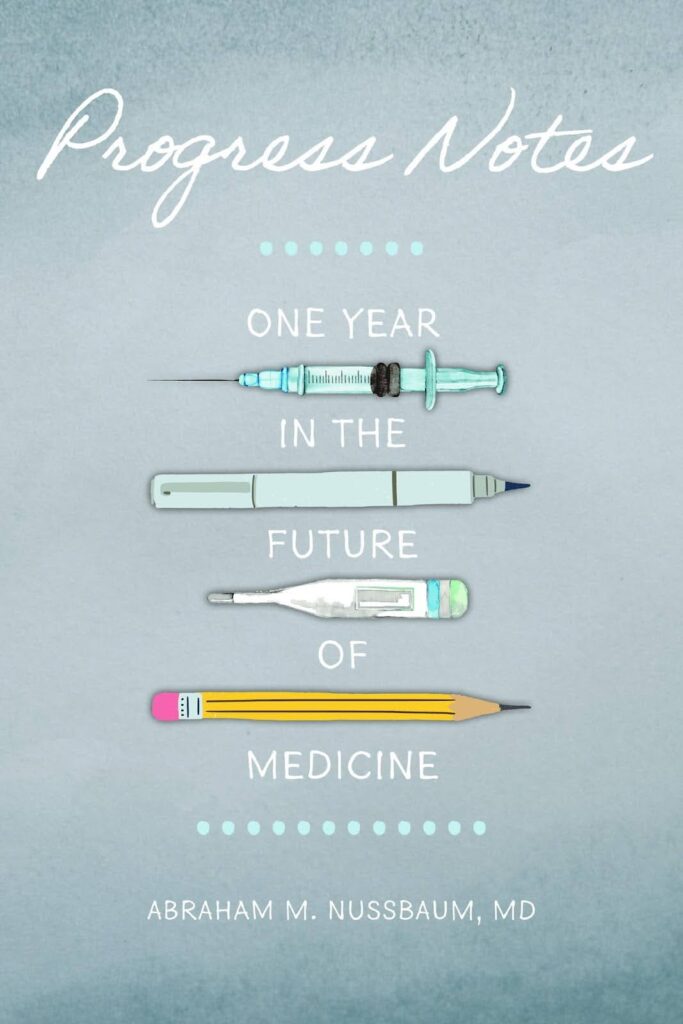Generosity & Medicine with physicians Sneha Mantri, MD, MS and Abraham Nussbaum, MD

As part of the Virtues & Vocations series Education for Flourishing: Conversations on Character & the Common Good, we are pleased to welcome Sneha Mantri, MD, MS, physician and director of Medical Humanities at Duke University School of Medicine, and Abraham Nussbaum, MD, physician, Chief Education Officer at Denver Health, and an author of several books, including the recently released Progress Notes. Mantri and Nussbaum wrote essays on generosity for the fall issue of the Virtues & Vocations magazine. Listen in on a discussion of their essays and others from the issue, American healthcare, and medical education.
View the Live Event
Monday, November 4, 2024 12:00 pm

As part of the Virtues & Vocations series Education for Flourishing: Conversations on Character & the Common Good, we are pleased to welcome Sneha Mantri, MD, MS, physician and director of Medical Humanities at Duke University School of Medicine, and Abraham Nussbaum, MD, physician, Chief Education Officer at Denver Health, and an author of several books, including the recently released Progress Notes. Mantri and Nussbaum wrote essays on generosity for the fall issue of the Virtues & Vocations magazine. Listen in on a discussion of their essays and others from the issue, American healthcare, and medical education. This event was recorded on November 4, 2024. Learn more at the Virtues & Vocations website.
Register to receive emails about Virtues & Vocations below.
MoreMeet the Speaker: Sneha Mantri, MD, MS

Sneha Mantri is director of the Trent Center’s Program in Medical Humanities at the Duke University School of Medicine. Dr. Mantri is a neurologist who cares for patients with Parkinson’s disease and other movement disorders. She is interested in the imaginative formation of health professionals, particularly the use of creative writing to improve physician understanding of patient experience, to mitigate physician burnout, and to improve academic-community partnership. As such, she directs the medical school’s Armstrong Humanities Scholars Program and was selected as a Macy Faculty Scholar (cohort 2024-2026) to expand interprofessional programs in health humanities and ethics across Duke’s health professional programs. As a clinical movement disorders specialist, she is also involved in patient-physician communication initiatives sponsored by the Michael J. Fox Foundation, the Parkinson’s Foundation, and the American Academy of Neurology. She was a founding editor of The Intima: A Journal of Narrative Medicine, a former writer for Synapsis, and is currently working on a historical novel on the eugenics movement of the early 20th century.
Meet the Speaker: Abraham Nussbaum, MD

As Chief Education Officer, Dr. Abraham M. Nussbaum provides strategic vision, daily direction and administrative oversight for Denver Health’s health professional education programs, which educate more than 2,000 learners annually. He is the Denver Health Designated Institutional Officer for the Accreditation Council for Graduate Medical Education. Dr. Nussbaum previously directed Denver Health’s adult inpatient psychiatry units, which care for adults throughout Colorado experiencing mental health crises. A Colorado native, Dr. Nussbaum studied literature and religion at Swarthmore College in Pennsylvania, and completed medical school and his psychiatry residency at the University of North Carolina. He has authored 26 peer-reviewed articles and six book chapters. As an associate professor of psychiatry at the University of Colorado School of Medicine, he developed an award-winning curriculum for interviewing patients, which evolved into the best-selling Pocket Guide to the DSM-5 Diagnostic Exam, which has been translated into thirteen languages. Along with national leaders in child and geriatric psychiatry, he subsequently published textbooks for the care of children and older adults with mental illness. His most recent book is a memoir entitled The Finest Traditions of My Calling: One Physician’s Search for the Renewal of Medicine, in which The New York Times wrote that no physician “in recent memory has wielded a set of intellectual and writerly tools to such dazzling and instructive effect.”
Progress Notes: One Year in the Future of Medicine by Abraham Nussbaum

A groundbreaking approach to training doctors could transform the future of health care.
For decades, physicians have been trained on the textbook of the body, from the corpse in a cadaver lab to the patient in a procedure suite. This type of training usually leads them to specialize in specific organs or systems and breeds an increasingly impersonal view of medicine in which the importance of person-to-person care—the hallmark of a good relationship between doctors and patients—has been lost.
In this engrossing narrative, you’ll meet seven extraordinary students who embarked on a new way to…
For more information, please visit the Johns Hopkins University Press website.
